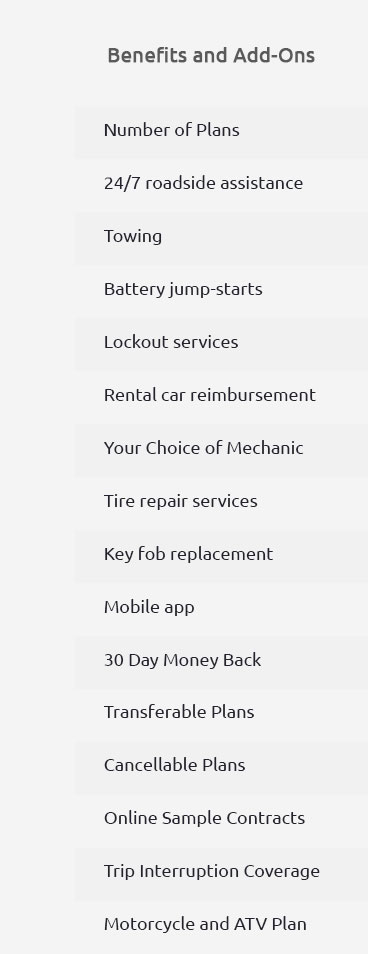 |
 |
 |
 |
 |
|||
 |
|||
 |
 |
 |
|
 |
|||
 |
|
 |
|
 |
|
 |
|
 |
|
 |
|
 |
|
 |
|

Cars with Warranty: Your Comprehensive Coverage GuideWhen it comes to owning a vehicle in the U.S., understanding the intricacies of car warranties can provide substantial peace of mind. These warranties offer a safety net against unforeseen repair costs, ensuring your investment remains protected. Understanding the Basics of Car WarrantiesA car warranty is essentially a promise from the manufacturer or seller that your vehicle will perform as expected. If not, they will cover certain repairs or services. This protection typically covers major components and systems. Types of Car Warranties
The Benefits of Having a Car WarrantyOne of the primary advantages of car warranties is cost savings. They can drastically reduce the out-of-pocket expense for major repairs. This financial protection is invaluable, especially for high-ticket components. Peace of MindHaving a warranty ensures that unexpected repairs don’t become financial burdens. For instance, if you’re driving through the rugged terrains of Colorado, knowing that your powertrain is protected allows you to enjoy the journey without worry. What’s Typically CoveredMost warranties cover engine and transmission repairs, electrical systems, and in some cases, even the audio system. It’s crucial to read the fine print to understand specific coverage details. For a detailed comparison of coverage plans, check out auto warranty one reviews for insights. Exploring Extended Auto WarrantiesOnce the manufacturer’s warranty expires, an extended warranty can provide continued protection. These plans are often customizable, allowing you to choose what’s most important for your driving needs. Cost ConsiderationsWhile extended warranties require an upfront cost, they often pay for themselves by covering expensive repairs. This is especially beneficial for older vehicles or those with higher mileage. For more details on securing an extended warranty, you can visit go auto extended warranty. FAQ
Understanding and utilizing car warranties can greatly enhance your car ownership experience. Whether you’re exploring the streets of New York or driving through the vast landscapes of Texas, having a robust warranty ensures you’re covered wherever the road takes you. https://www.gmcertified.com/benefits-after-purchase
When you purchase a GM Certified used vehicle, enjoy peace of mind with a bumper-to-bumper warranty, roadside assistance, scheduled auto maintenance, ... https://www.quora.com/What-should-I-look-for-when-buying-a-used-car-warranty
First of all, You need to Check Cars Situation: Before buying a used car you need to check is your car's situation is perfect or not. https://www.jakesweeney.com/jake-sweeney-express/warranty-refunds.htm
This means that when you buy with Jake Sweeney, you will always have the Jake Sweeney Assurance that your vehicle is covered for 3-months and 3,000 miles under ...
|